Lucy Foley’s The Midnight Feast skewers the dark side of the wellness world
Fakes, hypocrites ... and murder. All is not well in the ‘wellness’ world, as Lucy Foley shows with her take on the Instagram-curated craze.
Books
Don't miss out on the headlines from Books. Followed categories will be added to My News.
My novel, The Midnight Feast, is set at the opening of a swanky new countryside hotel, The Manor.
The owner, Francesca Meadows, has inherited the place from her grandparents and is a former teen mean girl who has reinvented herself as a wellness goddess: think a posh British version of Gwyneth Paltrow.
She’s all about “living in the moment” and “not holding onto the past” – which is perhaps no big surprise when you learn just how dark that past may once have turned …
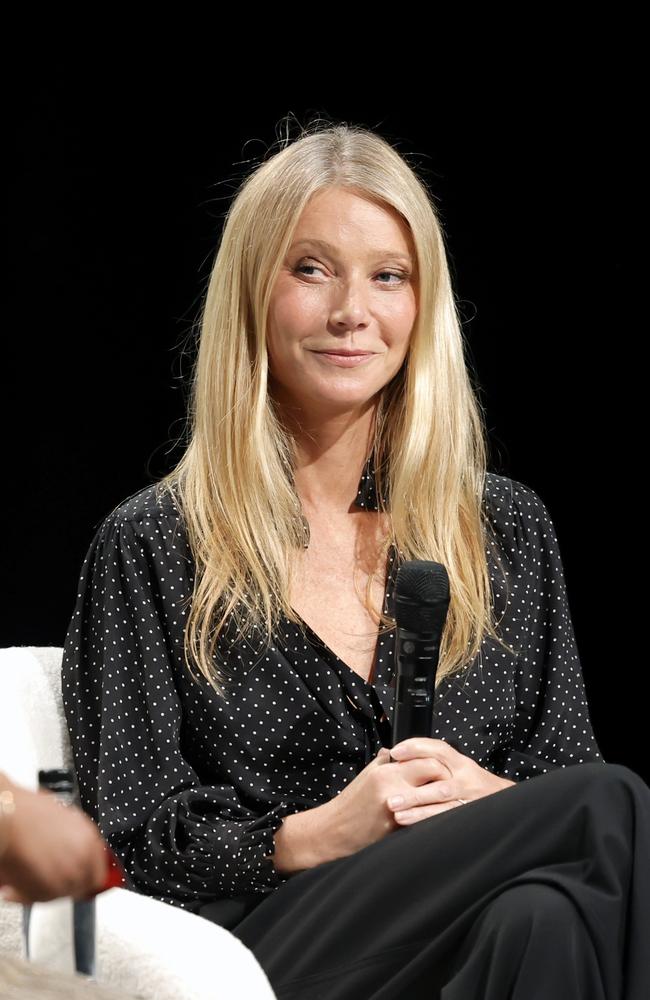
I had such evil fun writing the book and in particular skewering the dark side of the world of wellness.
It’s not that I have anything against crystals, sage sticks and mindfulness rituals – in fact, far from it, I’m a fan of anything that makes you feel good and promotes relaxation and a sense of wellbeing. I once had a spookily effective Reiki session in which I had to hold two different crystals and could swear that, as I lay there clutching them, I could feel something alive, a strange sort of movement inside each stone. At the time I was suffering from a chronic illness that didn’t seem to respond to conventional medicine and I found great comfort in alternative therapies such as acupuncture and reflexology. These sorts of practice can really work and I’m not taking issue with them per se.
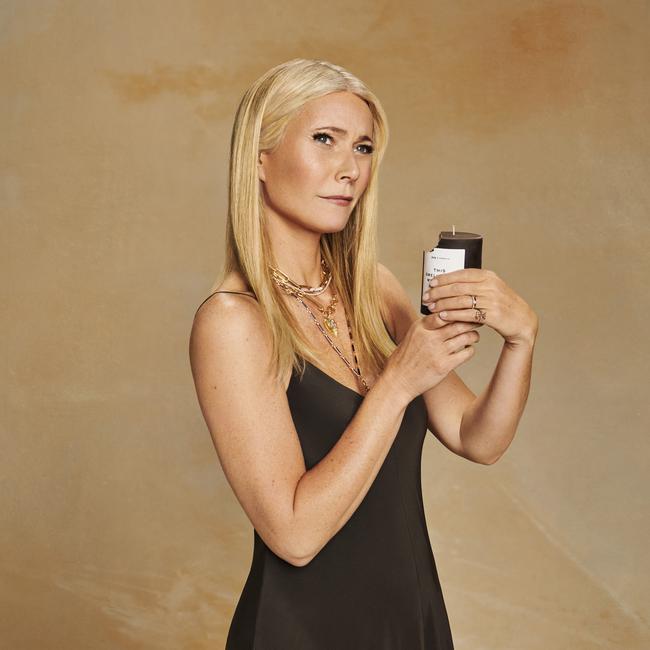
BUT (and it’s a big but) what I am taking aim at in the book is the cynical monetisation of wellness, which is what Francesca Meadows and her ilk at The Manor are all about. It’s a repackaging of something ancient into glossy product that can be marketed at ten times the price. It’s a kind of gatekeeping that suggests this sort of thing is only really available to people who can afford to stay somewhere like The Manor (in their rooms guests find bespoke pouches of crystals for their personal use while, of course, paying the exorbitant price of a room) or do their entire grocery shop in Wholefoods or Erewhon in LA. Think Gwyneth Paltrow’s Goop or Kate Moss’s Cosmoss line (from which a small notepad-style book of “affirmations” costs over $38 and a tiny pack of incense over $58).
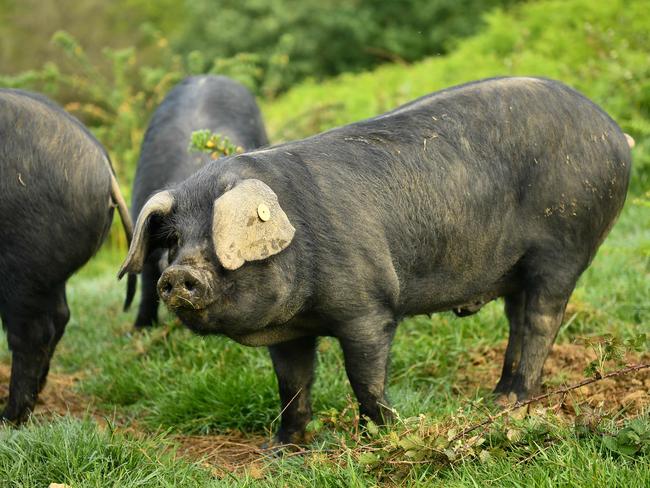
Closely aligned with this is a desire to reinvent the countryside – to repackage it into something polished and palatable for people who will fork over the big bucks for an exclusive, quote-unquote, authentic experience. When Francesca talks about her long-term goal to take over the unsightly local farm, she mentions wanting to make it a fragrant, sanitised place with designer wellies and “very clean pigs”. The Manor’s guests, you see, have already started complaining about the smell of manure floating across the infinity pool when the wind’s blowing in the wrong direction. They want the countryside but they want the member’s club/ Instagram-filtered version of it. The hotel’s restaurant serves “organic and locally foraged food” but when the owner of said farm approaches them with a sack of produce which is so local it’s grown a few hundred metres from the gates, he’s dismissed and told they already have their suppliers (in London). The hypocrisy of this sort of set-up is exactly what I’m sending up in this book – that and the tension it creates between the newcomers and those who have farmed the land for generations.
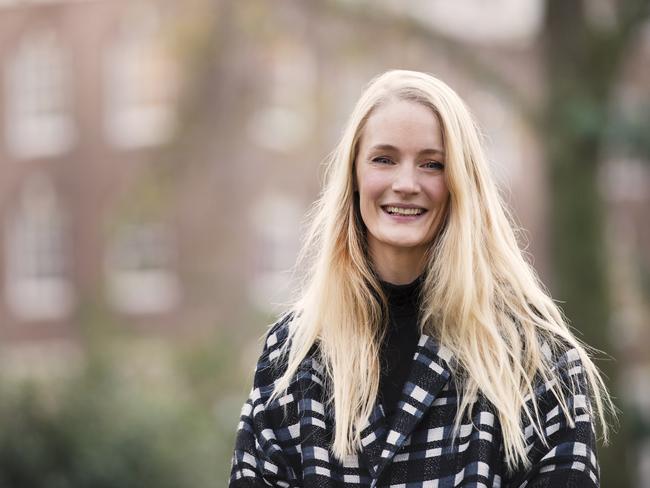
What I wanted to set against this monetised brand of wellness and curated vision of the countryside is a kind of ancient, pagan and crucially free spirituality, that embraces nature in all its grubbiness and imperfection. I set the book in the West Country in the UK, which is a total hotbed for all things mystical and ancient: think Stonehenge, Glastonbury Tor, Arthurian Legend and more neolithic burial mounds and “thin places” than you can shake a stick at. In the book the small village of Tome (pronounced Tomb) is situated a stone’s throw from The Manor and the local community are particularly unhappy about the influx of wealthy city dwellers in their midst. But they have their own centuries-old resources to draw upon and something dark and powerful is stirring in the ancient woods. I loved dipping my toe in all things folk horror in this book. Funnily enough, the more I researched this strand, the more I realised that all things weird and folk are also increasingly in vogue, with ancient seasonal celebrations like the Solstice (which plays a key role in the book) and Beltane experiencing a resurgence among a new generation. And old (previously sniggered at) folk entertainments like mumming, Morris dancing and maypoles are finding new, younger fans.
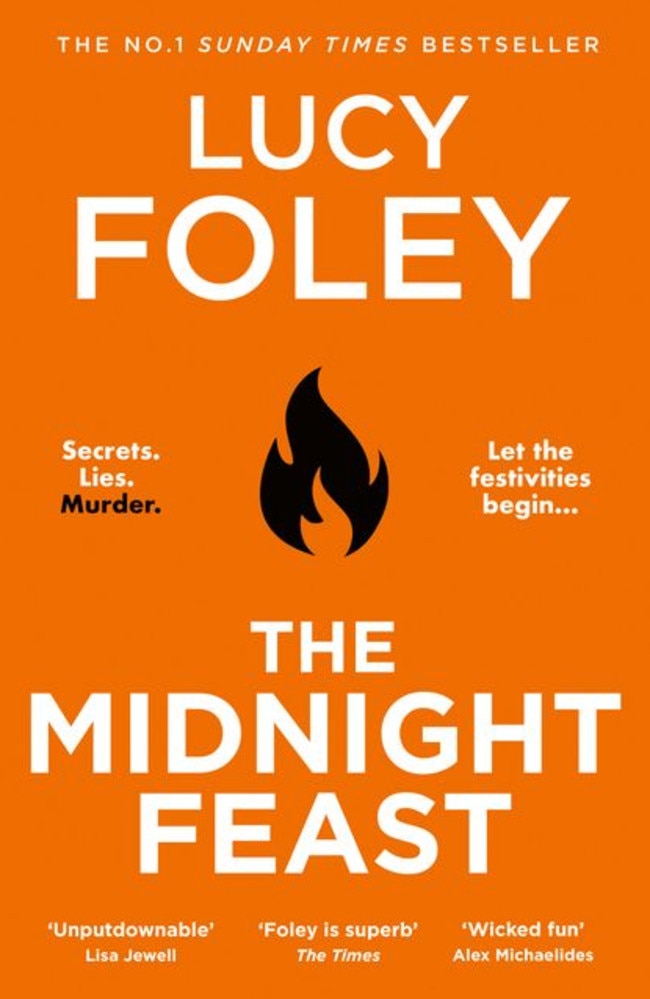
I suspect that, as with the rise of wellness culture, it all comes from a very genuine and noble desire to connect with something beyond ourselves and beyond our screens – something old, powerful and transcendent. Let’s just hope it doesn’t get co-opted too quickly by the Soho House set …
The Midnight Feast by UK writer Lucy Foley is our new Book Of The Month. It will be published by HarperCollins on June 19 but you can pre-order it now – and you’ll get it for 40% off the RRP at Booktopia. Until June 30, on ISBN 9780008385101.
Please share your views on books, wellness and more at The Sunday Book Club on Facebook.



